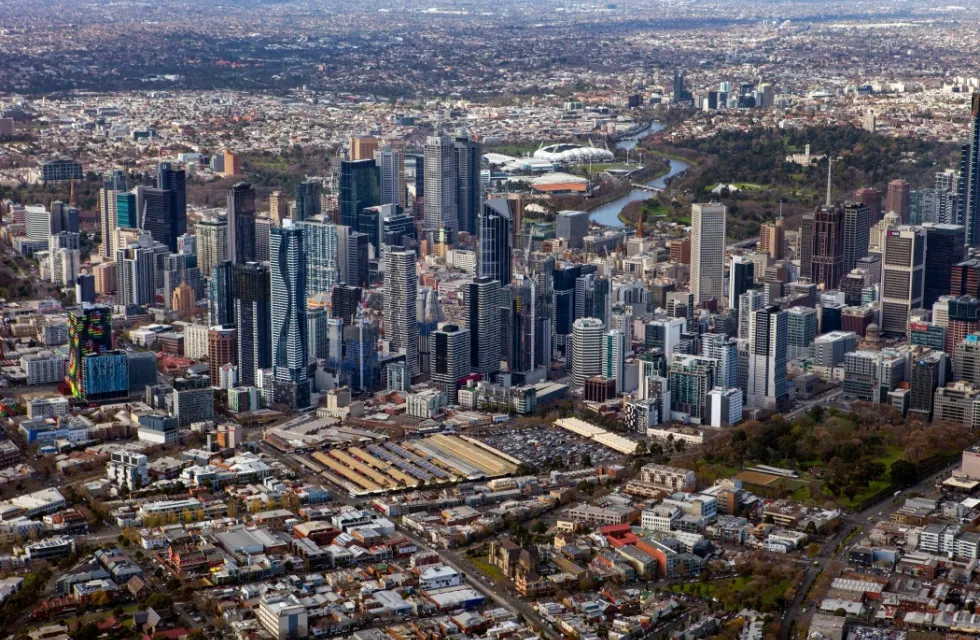Composting your food scraps, instead of sending them to landfill, will significantly reduce your overall impact on the environment.
- Check out your local sustainability or composting group for tips on what to do with compost or fertiliser.
- Explore community gardens and compost hubs in your local area, which provide public space where you can turn your food waste into compost, grow food and learn new skills.
- Visit StreetbankOpens in new tab to see how you can connect with your neighbourhood and share resources.
Discounted compost bins are available from the Compost Revolution website. Visit Compost RevolutionOpens in new tab to find out more and to purchase your discounted compost bins.
What can be composted?
As a general rule, anything that was once part of a living thing can be composted. The ideal compost mixture is 20 parts of carbon to one part of nitrogen (by volume).
Material high in carbon includes:
- dry leaves and bark
- pruning
- sawdust
- shredded paper
- wood ash
- egg cartons
- straw
- dry grass.
Material high in nitrogen includes:
- vegetable scraps
- fruit peelingsfarm
- manure
- fresh lawn clippings
- tea leaves
- coffee grounds
- garden weeds
- cut flowers.
For best results, chop and grind coarse material into smaller pieces to speed breakdown.
What can't be composted?
The following items can't be composted:
- large woody branches
- bones, fats and oils
- meat, fish or dairy product
- weeds with bulbs
- plastic, metals or glass
- pet droppings (note that separate, specialised pet waste composters are available).
If you have very little garden space you can still compost some of your kitchen waste by using a worm farm. Worm farms are odourless, require very little maintenance and produce rich fertiliser for your garden and pot plants.
A worm farm is simple to operate. Worms used in worm farms are special species that thrive in compost. They love rich, moist, rotting materials.
What will worms eat?
Worms eat anything that has once been living:
- fruit and vegetable scraps and pulp
- crushed egg shells
- tea leaves, tea bags and coffee grounds
- small amounts of moist paper.
Avoid putting these in your worm farm:
- citrus and acidic foods such as lemons, oranges
- onions and garlic
- meat and dairy products.
Residents with very limited space may also like to try a bokashi bucket. Bokashi is Japanese for ‘fermented organic matter’ and uses microbes to ferment organic waste, rather than composting it.
The end result is a fermented (or pickled) mass of waste that can go straight into the soil. There’s no need to compost the material, and it doesn’t smell. The bucket is small enough to be placed on a kitchen bench or under the sink.
Before purchasing a bokashi bucket, it is important that you have access to a garden to return the fermented mass to the soil. If you don’t have a garden, then you can contact your local community garden group (see the Community Food Guide). More instructions on disposing of the mass can be found on this tutorialOpens in new tab.
Discounted bokashi bins are available on the Compost Revolution website. Visit Compost RevolutionOpens in new tab to find out more and to make a purchase.
Contact us to book a free green waste collection. You can also drop off your garden waste for free at the Waste and Recycling Centre.
Please note: Both of these services are for garden waste only. They do not include food or kitchen scraps. See Garden waste for more information.
In June 2021, we started rolling out a new food and garden organics bin with weekly collections.
In the new lime green-lidded bins, you can put food scraps and compostable kitchen waste, as well as garden waste. The waste collected will be processed into mulch and nutrient-rich compost for use on Victorian farms and our parks and gardens.
For more information, see Food waste and Garden waste.








